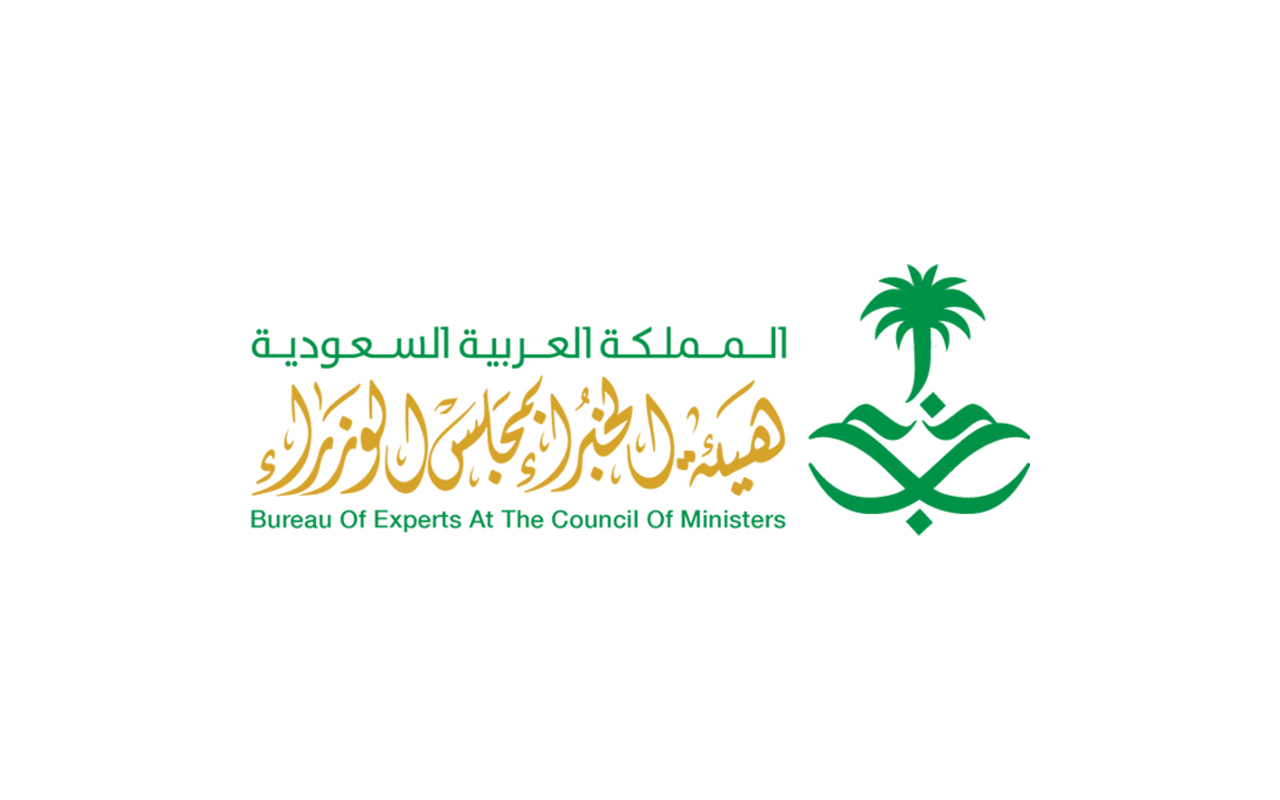Premium Residency Law
The Premium Residency Law is a set of legal rules and procedures that regulate the special residency in the Kingdom of Saudi Arabia, granting the holder a range of rights and privileges, along with the corresponding obligations. The law was issued by Royal Decree on May 15, 2019, and by a decision of the Council of Ministers on May 14, 2019. It consists of fourteen articles. Subsequent Royal Decrees were issued, introducing amendments to most of these articles and removing some of their clauses.
Types of Premium Residency
According to Article Three of the Premium Residency Law, there are two types of premium residency: permanent and temporary. These two types of premium residency have associated products, proposed by the Board of Directors of the Premium Residency Center, including the financial fees recommended for them. These products are issued by a decision of the Council of Economic and Development Affairs.
Requirements for applying for Premium Residency
Article Four of the Premium Residency Law outlines the conditions for applying, which include submitting a valid passport, proof of financial solvency, a criminal record demonstrating the applicant has no prior offenses, and a health report confirming the applicant is free from contagious diseases, dated no more than six months prior to the application. Additionally, if the applicant is applying from within the Kingdom, their residency must be legal. The supervisory committee of the Premium Residency Center has the right to add specific conditions in cases where it is deemed necessary.
According to Article Five, the Premium Residency Center reviews the application after all requirements are fulfilled to consider approving the granting of premium residency. The approval is issued by a decision of the head of the Premium Residency Center.
According to Article Six of the Premium Residency Law, the applicant must, within thirty days of being notified of the approval of their premium residency, pay the financial fee set by the Council of Economic and Development Affairs and submit a medical insurance document in accordance with the Cooperative Health Insurance Law and its executive regulations. The application is considered canceled if these requirements are not fulfilled within the specified period.
Article Seven of the Premium Residency Law obligates the holder to comply with the law, its executive regulations, and other applicable laws and regulations in the Kingdom.
Rights of the Premium Residency Holder and their family
Article Two of the Premium Residency Law specifies the rights and privileges enjoyed by the premium residency holder, which include: residing in the Kingdom with their family, hiring domestic workers according to their needs, issuing visit visas for relatives, and benefiting from real estate in the cities of Makkah al-Mukarramah and al-Madinah al-Munawwarah for a period not exceeding ninety-nine years. The Ministries of Justice and Investment establish the mechanisms for this, ensuring that the beneficiary receives a usufruct certificate issued by the Notary Public. This right is transferable to others, and it also includes the ownership of real estate for residential, commercial, and industrial purposes, except properties in Makkah al-Mukarramah and al-Madinah al-Munawwarah, and in border areas. The premium residency holder is also allowed to work in private sector establishments and transfer between them, including any family member, except for professions and jobs restricted to Saudi nationals. This is without prejudice to the fees applicable to non-Saudis. Additionally, the holder can own private transportation and other movable assets permitted by law in the Kingdom. They may also use lanes designated for Saudis when entering and exiting the Kingdom through its ports, enjoy the freedom to leave and return to the Kingdom without requiring a visa, and engage in business activities in accordance with the Foreign Investment Law.
The executive regulations of the Premium Residency Law specify additional rights and privileges for the family of the premium residency holder, as outlined in Article Two of the law. The latter also affirms that all laws, regulations, and instructions applicable to non-Saudi residents apply to the premium residency holder and their family, except for the rights and privileges explicitly granted to them by the law and its executive regulations.
Cancellation of Premium Residency
Premium residency is canceled, according to Article Nine of the law, if the holder is convicted of a crime punishable by imprisonment for no less than sixty days or a fine of no less than SAR100,000 or its equivalent. Premium residency is also canceled if a decision or court ruling is issued to deport the holder from the Kingdom, or if it is proven that the application for obtaining the residency contained false information. Additionally, it is revoked if the holder fails to comply with their obligations under the law, its executive regulations, or any other applicable laws and instructions in the Kingdom. Furthermore, the residency is canceled if the holder voluntarily relinquishes it, passes away, or loses legal capacity. The supervisory committee of the Premium Residency Center also has the right to terminate the residency if public interest requires it.
According to Article Eleven of the law, the cancellation or termination of premium residency does not result in the transfer of the rights and privileges previously granted to the holder’s family. However, if any family member meets the conditions outlined in the law and its regulations, they are eligible to apply for premium residency. The family continues to enjoy the rights and privileges granted under the law in the event of the cancellation of the premium residency due to the holder's death or loss of legal capacity. However, this enjoyment of rights and privileges must not exceed the originally designated duration of the premium residency.
In the event of the cancellation or termination of premium residency for the holder or any family member, the Premium Residency Center, in coordination with the relevant authorities, will review and address any consequences that may arise from such actions.
